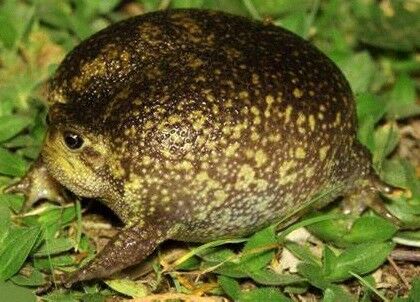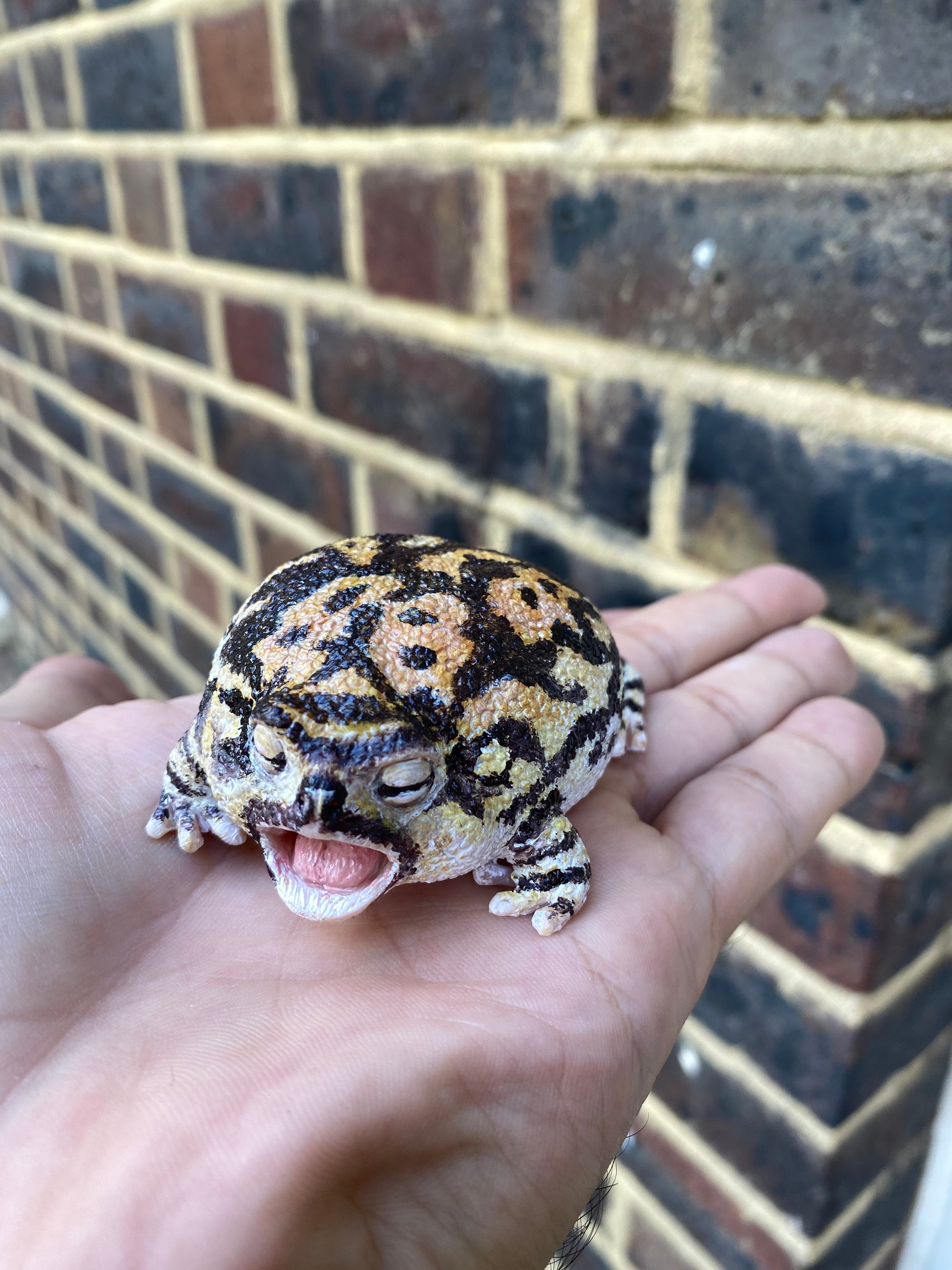Discover Rain Frog for Sale: Boost Your Pet Dog Video Game with a One-of-a-kind Amphibian Friend!
Common Health And Wellness Issues in Reptiles: Signs and Solutions
In the elaborate world of reptile care, understanding the common wellness concerns that might influence these one-of-a-kind animals is extremely important in ensuring their well-being. From respiratory infections that can silently take hold to metabolic bone diseases that can debilitate, reptiles are at risk to a variety of conditions that require eager monitoring and prompt intervention. Whether it's facing parasitical infestations, navigating dehydration concerns, or dealing with skin ailments that show up in subtle means, being attuned to the signs and equipped with the understanding of effective remedies is important for any kind of reptile proprietor. By delving better into the subtleties of these health and wellness concerns and discovering the functional solutions available, one can protect the health and vitality of these remarkable animals.
Breathing Infections
Respiratory system infections in reptiles can substantially influence their overall health and wellness and need prompt interest from knowledgeable vets. These infections are frequently triggered by infections, germs, or fungi and can manifest through signs such as wheezing, nasal discharge, open-mouth breathing, and sleepiness. In reptiles, respiratory infections can be especially challenging to identify and treat as a result of their one-of-a-kind composition and physiology. Veterinarians often rely upon a combination of physical assessments, diagnostic imaging, and laboratory examinations to properly identify the underlying reason for the infection.
Therapy for respiratory system infections in reptiles commonly includes a mix of encouraging care, such as keeping appropriate moisture degrees and temperature gradients in the unit, along with targeted drug to address the specific pathogen responsible for the infection. It is crucial for reptile proprietors to check their family pets closely for any type of signs of respiratory system distress and seek vet care at the earliest sign of a problem. With prompt intervention and proper treatment, several reptiles can recuperate completely from respiratory infections and return to regular activities.

Metabolic Bone Disease
What factors add to the advancement of Metabolic Bone Illness in reptiles?
Metabolic Bone Illness (MBD) in reptiles is mostly brought on by an absence of appropriate calcium, phosphorus, and vitamin D3 degrees in their diet regimen. When reptiles do not get sufficient calcium, either through their food or appropriate UVB direct exposure for vitamin D3 synthesis, they go to a high risk of developing MBD. Reptiles with diet regimens low in calcium or imbalanced calcium to phosphorus ratios are especially at risk. Additionally, inadequate direct exposure to UVB light avoids reptiles from manufacturing vitamin D3, which is crucial for calcium absorption and bone health.
Other contributing variables to MBD consist of improper temperature level slopes within the reptile's environment, causing lowered metabolic rate and damaged calcium absorption. Insufficient humidity levels can additionally affect a reptile's capability to metabolize calcium properly. Particular reptile varieties have details dietary requirements that, if not fulfilled, can increase the likelihood of creating MBD. Routine veterinary check-ups, proper husbandry techniques, and a balanced diet are vital to stop Metabolic Bone Illness in reptiles.
Parasitical Infestations
Parasitical invasions position a considerable health and wellness danger to reptiles, impacting look at this website their total health and calling for timely vet interest. Reptiles can be influenced by various bloodsuckers, consisting of termites, ticks, inner worms, and protozoa. These parasites can cause a series of signs and symptoms, such as weight-loss, sleepiness, skin irritability, looseness of the bowels, and even death if left neglected.
One usual bloodsucker found in reptiles is the mite, which can trigger skin irritation, stress, and anemia. Ticks are one more outside bloodsucker that can create and send diseases discomfort to the reptile. Interior parasites like worms and protozoa can cause digestive system issues, poor nutrition, and compromise the reptile's body immune system.
To detect a parasitical problem, a vet may perform fecal tests, skin scrapings, or blood examinations. Treatment frequently includes deworming medications, antiparasitic baths, or in extreme instances, hospitalization. Preventative steps such as regular vet exams, correct health, and quarantine treatments for new reptiles can aid reduce the risk of parasitical infestations and make certain the well-being of reptile family pets.
Dehydration and Hydration Issues
Dehydration in reptiles can significantly affect their wellness and wellness, necessitating prompt treatment and suitable hydration management. Reptiles are vulnerable to dehydration due to numerous aspects such as poor water consumption, high environmental temperature levels, and specific wellness conditions. Signs and symptoms of dehydration visit here in reptiles include sunken eyes, sleepiness, loss of skin flexibility, and reduced urination. If left untreated, dehydration can bring about major health and wellness problems and even be deadly to the reptile.
To stop dehydration, reptile owners should guarantee that their pet dogs have access to tidy water at all times. The water dish must be huge sufficient for the reptile to soak in if needed, specifically for types that soak up water with their skin. Additionally, keeping appropriate humidity degrees in the reptile's room and supplying routine bathrooms can aid avoid dehydration.
In instances of dehydration, it is crucial to seek veterinary treatment promptly. A vet might carry out liquids either orally or with shots to rehydrate the reptile. It is vital to deal with the underlying reason for dehydration to protect against reoccurrence and make certain the reptile's overall well-being.
Skin Ailments

Conclusion

Respiratory system infections in reptiles can significantly impact their overall health and need prompt focus from seasoned veterinarians (rain frog for sale). Preventative measures such as normal vet exams, correct health, and quarantine procedures for brand-new reptiles can help reduce the risk of parasitic infestations and guarantee the health of reptile pets
If left untreated, dehydration can lead to serious health and wellness issues and even be deadly to the reptile.
On a regular basis evaluating your reptile for any type of adjustments in skin structure, color, or appearance can aid in very early detection and therapy of skin conditions, advertising the total wellness and wellness of your scaly friend. - rain frog for sale
In conclusion, reptiles are prone to numerous health concerns such as respiratory infections, metabolic bone illness, parasitic problems, dehydration, and skin conditions.